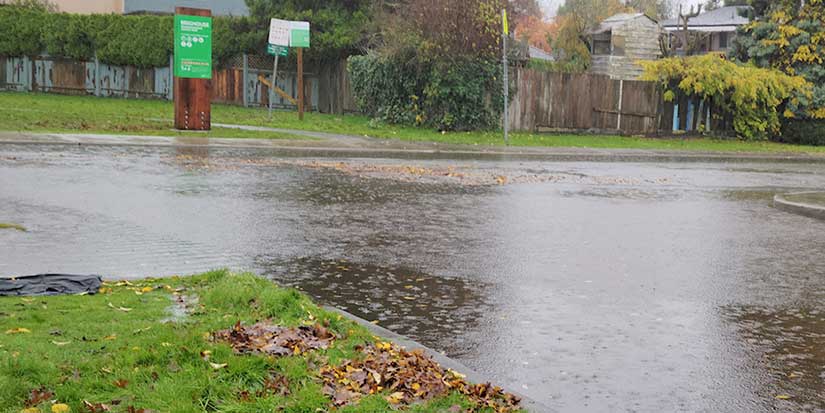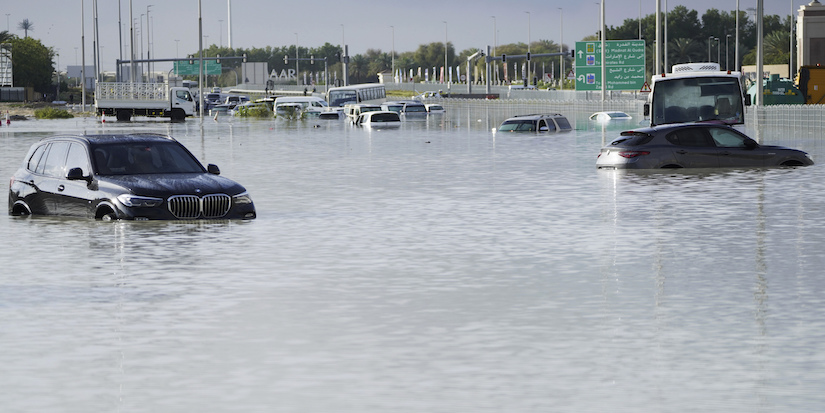Latest News
How wet was it last month? Just a record rainfall
By Don Fennell
Published 11:51 PST, Fri December 3, 2021
—
In the sports vernacular, they say records are made to be broken. But in the real world it’s doubtful many are celebrating November’s historic rainfall numbers.
With yet another atmospheric river bringing even more precipitation to close out the month, if Richmondites felt they got drenched it may be because they did.
Asked if he’d ever seen so much rain, veteran city Coun. Harold Steves quipped: “Has anybody ever seen rain so copious?”
During the month of November, rain fell at Vancouver International Airport all but a handful of days. It began with 6.6 millimetres of precipitation on Nov. 1, with at least another 10 millimetres each of the next three days before tapering to 4.9 millimetres on Nov. 5. On Nov. 9, some 15.2 millimetres of rain fell, reaching a peak of 52.5 millimetres on Nov. 14.
A long-time environmentalist who has dedicated much of his life to the cause, Steves has no doubt humans have played a negative role in the rapid and dramatic climate changes we are experiencing.
“The time is now,” he says, frustrated that few took the warnings made decades ago seriously.
Famed Norwegian meteorologist Sverre Petterssen predicted in the 1950s that by the turn of the century there would be very little life left in the Arctic, Steves recalls.
“We had no idea the changes would affect the entire planet, or when. Now, we’re finding out.”
In Richmond alone this year, we’ll have experienced historic weather extremes that many experts are suggesting have only just begun.
The summer of 2021 was barely official when locals “suffered” through a record 32.1 degree Celsius (90 Fahrenheit) day on June 29—the highest temperature ever at Vancouver International Airport.
Now, just a few months later, while the weather remains mild there is record precipitation for locals to contend with. Flooding has already caused widespread damage and disruption, with the November rainfall total easily pouring out a new all-time monthly record of some 300-plus millimetres (more than 12 inches). The average is slightly less than 200 millimetres.
Key messages in the 2019 Canada’s Changing Climate Report concluded that Canada’s climate has warmed and will warm further, driven by human influence. It said past and future warming in Canada is on average double the magnitude of global warming, and that projected precipitation will continue to increase for most of Canada, with coastal flooding expected to increase in many parts due to local sea levels rising.































